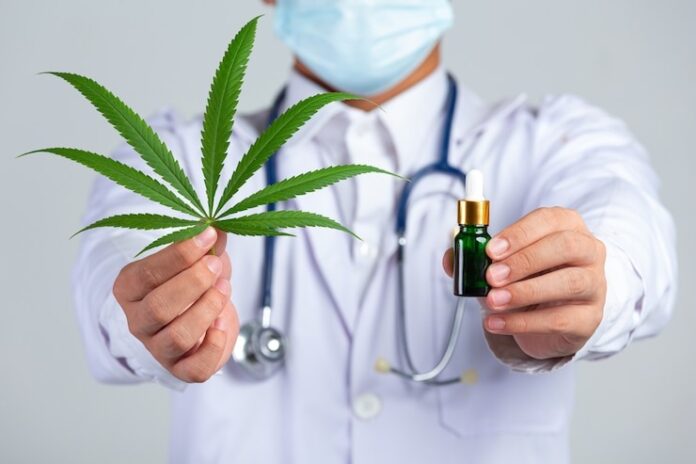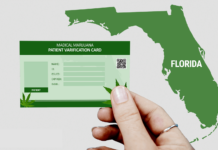
Since Utah first legalized medical cannabis several years ago, there have been some fantastic public discussions about a range of topics affecting both patients and providers. Among the more interesting topics is that of renter and employee protections in Utah. Unfortunately, it is a mixed bag. Although some groups of people are protected, most are not.
If you use medical cannabis, you should probably be aware of your rights and responsibilities as a renter, employee, or both. You are welcome to look up and read the statute for yourself. In the meantime, here is a brief synopsis compliments of Zion Medicinal in Cedar City, UT. Note that this should not be construed as legal advice.
No Renter Protections Exist

At the current time, there are no protections in place to protect renters who use medical cannabis. Renting is a private transaction between tenant and landlord. As private property owners, landlords have the right to set the terms and conditions under which they rent. If a landlord chooses to not allow cannabis on their premises, renters have little say in the matter.
One can understand how this would cause a medical cannabis patient to be secretive. I cannot advise one way or the other. Each patient affected by this needs to decide how to proceed. It is not a situation with a perfect resolution.
Private Sector Employee Protections
Employees of private sector companies are in a similar position. Like landlords, private sector employees have the legal right to establish and maintain their own drug policies. They can choose to allow employees to use medical cannabis on their own time but not at work. They can choose to allow at-work consumption. They can choose to not allow consumption at all.
Some states have begun enacting protections for private sector employees. Utah is not one of them – at least not yet. Perhaps the future will bring some sort of provision for at least minimal protection of private sector employees. But for now, no such protections exist.
Public Sector Employee Protections

The one exception to all of this is public sector employment. Thanks to the Utah Medical Cannabis Act, most public sector employers must treat medical cannabis like any other prescription medication. They cannot discriminate against employees for either using medical cannabis or possessing a medical cannabis card.
A frequently cited example to illustrate public sector employee protection is the use of prescription opioids. Public sector employers cannot discriminate against employees with valid prescriptions. They can only take action in cases where an employee’s medication creates a safety hazard or impairs the person’s ability on the job.
Law Enforcement Agencies Are Exempt

You might be interested to know that law enforcement agencies are exempt from the requirement to not discriminate against medical cannabis users. For example, police departments can refuse to hire recruits with a past medical cannabis history. If a current officer is discovered using medical cannabis on the job or off, they can be terminated.
The reason behind this is pretty simple: federal law prohibits cannabis users from owning or possessing firearms. Since police officers carry guns, they cannot legally use cannabis. To avoid any problems with federal authorities, local police agencies just do not allow medical cannabis.
Right now, there are few protections for renters and private sector employees in terms of medical cannabis. But there is reason to be hopeful that the current situation will not last forever. Medical cannabis has come a long way in Utah over the last few years. There is reason to believe that improvements will continue being made for the foreseeable future.








